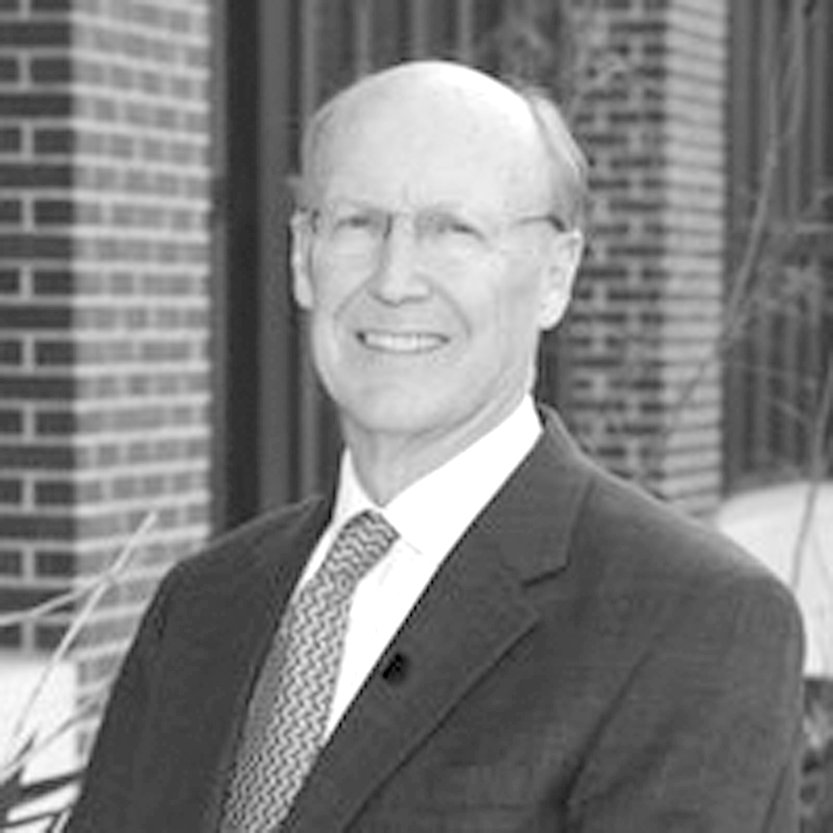Opinion: Threats abroad to free press carry risk for our own security

InsideSources.com
Mhuu Thit's passionate belief in human rights comes with a risk. The young Burmese journalist could end up in prison for his commitment to free speech. As the editor and founder of Channel FFE, an online publication that bills itself as an independent media that stands up for human rights and justice, he knows his country lacks legal protection for free speech.
As he said during a recent conversation at the George W. Bush Institute, where he is a Liberty and Leadership Scholar, a member of Parliament could send a journalist like him to prison.
Fortunately, that has not happened to him, although 44 journalists had faced trial in Burma as of last December. He even has written about the plight of the Rohingya, the stateless Muslim group that has experienced such brutal oppression at the hands of the Burmese military that The Economist last year described the situation as "bearing all the hallmarks of a genocide."
Mhuu Thit notes that his pieces about the Rohingya spark anger online, including threatening remarks. "Even educated people advocate genocide," he laments.
Mhuu Thit, 35, explains that African freedom advocates like Nelson Mandela and Desmond Tutu inspired him. They have given him that "X factor" that often characterizes advocates for freedom of conscience: a visceral understanding that human dignity is tied up with our ability to speak freely, worship freely and live freely.
He will need that core understanding as a journalist because, unfortunately, authoritarian leaders are on the prowl against those very freedoms. The Committee to Protect Journalists' annual survey, which the organization recently released, reveals that at least 250 journalists are in prisons around the world. This is the fourth straight year for that many imprisoned journalists, which is not the kind of streak you like to see if you cherish freedom.
China is the worst offender, followed by America's NATO ally Turkey. According to the survey, at least 48 journalists are in Chinese prisons. The report explains that the Chinese government's crackdown on Muslims in the Xinjiang province has also resulted in the arrest of dozens of journalists there.
Of course, democratic protests in Hong Kong have intensified the anxiety of Chinese officials. The Committee to Protect Journalists reports how freelance writer Sophia Huang Xueqin was arrested this fall after blogging about marching with pro-democracy protesters. She has been charged with "picking quarrels and provoking trouble" with the state, which is only a "wrong" in a state that considers itself omnipotent.
Turkey is equally repressive, although the number of imprisoned journalists declined from 68 in 2018 to 47 in 2019. According to the report, Turkish President Recep Tayyip Erdogan has "stamp(ed) out independent reporting and criticism by closing down more than 100 news outlets and lodging terror-related charges against many of their staff."
Interestingly, 98 percent of imprisoned journalists across the globe are local reporters covering their own countries. The politics beat landed the most in prison, followed by writing about human rights and corruption.
Repression of journalists abroad may seem distant from our everyday life in America. But it is not.
First, suppression of free speech abroad makes it harder to get information about what is happening in closed societies. Think how little most of us know about North Korea.
Second, suppression of civil liberties creates instability in the international arena, which carries risks for us at home. The Mexican drug cartels' attacks on members of the media, which has resulted in journalists being slain in places like Nuevo Laredo, solidifies their presence in a country with which we do significant trading.
Third, the lack of a free press increases the odds of news and information being manipulated by the authorities. "Fake news," and I mean real fake news, allows adversaries like Russia and China to sow confusion around the world. "It's the democratization of misinformation," Jacob Davey of the London-based Strategic Dialogue in London recently told the New York Times.
Misinformation even infects some views of our own robust press. A September Gallup poll shows only 41 percent of Americans have a "great deal" or "fair amount" of trust in the media to report the news "fully, accurately and fairly."
When journalists aren't allowed to do the hard work of reporting, fact-checking and editing, the truth becomes harder to get out. And that creates the kind of turbulence that carries geopolitical risks for our own country.
So when journalists like Mhuu Thit do their work in a faraway country like Burma, we should cheer them on. First, for their own country's sake. But also because their courage is in our own best interest.
William McKenzie is editorial director of the George W. Bush Institute. He wrote this for InsideSources.com.
More Articles to Read
